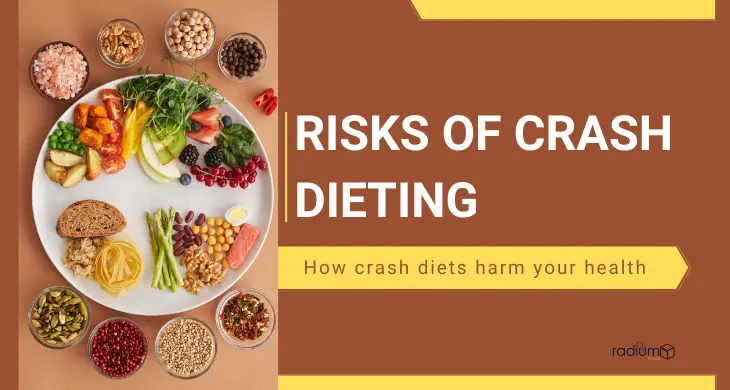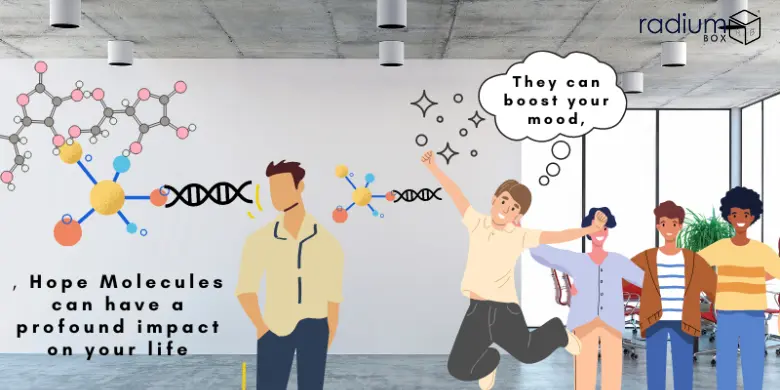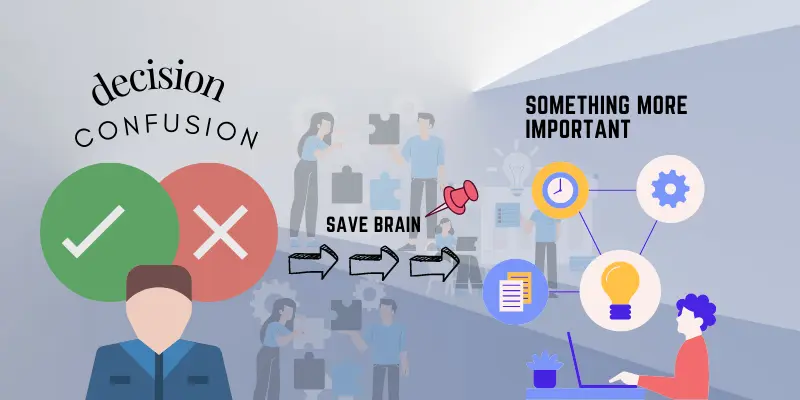In a world that often values rapid results, crash dieting has emerged as a tempting solution for those seeking swift weight loss. Promising quick fixes and immediate transformations, these diets often involve extreme measures, such as severe calorie restriction or extreme dietary limitations. However, beneath the allure of shedding pounds rapidly lies a darker side—a myriad of risks and detrimental effects on one’s health. Understanding the perils of crash dieting is crucial, as these drastic approaches not only fail to deliver sustainable results but also pose significant threats to overall well-being. Delving into how crash diets harm health unveils a complex interplay of physiological, psychological, and emotional consequences that far outweigh the temporary benefits of rapid weight loss. This exploration seeks to shed light on the multifaceted dangers associated with crash diets, emphasizing the importance of prioritizing health over short-term fixes when pursuing weight loss goals.
Nutritional Deficiencies:
Crash diets, characterized by their extreme restrictions in calorie consumption and selective focus on particular food categories, inflict a significant blow to the body’s intake of crucial nutrients. This severe limitation often results in a deficiency of essential vitamins and minerals vital for sustaining proper bodily functions. For a dose of lifetylr blog, keep up with our regularly updated RadiumBlog section – where every read shines a light on brighter perspectives!
Vitamins like A, C, D, E, and K are fundamental for various physiological processes. Vitamin A is crucial for vision and immune function, Vitamin C aids in collagen formation and immune support, while Vitamin D supports bone health and immunity. Vitamin E acts as an antioxidant, protecting cells from damage, and Vitamin K contributes to blood clotting and bone health. Crash diets tend to deprive the body of these vitamins, impairing their roles and compromising overall health.
Minerals such as calcium, iron, and potassium are essential for numerous bodily functions. Calcium is integral for bone health and muscle function, iron plays a vital role in carrying oxygen throughout the body, and potassium helps regulate fluid balance, muscle contractions, and nerve signals. A deficiency in these minerals due to crash dieting can lead to weakened bones, fatigue, and disruptions in normal bodily processes.
Additionally, crash diets often fail to provide adequate amounts of proteins and fats. Proteins are the building blocks of tissues, crucial for muscle repair and growth, while fats are essential for hormone production, brain function, and absorbing fat-soluble vitamins. Inadequate intake of proteins and fats impairs the body’s ability to repair and maintain tissues, affecting overall health and well-being.
The consequences of these nutritional deficiencies are far-reaching:
- Weakened Immune System: Insufficient intake of essential nutrients weakens the body’s defense mechanism, making it more susceptible to infections and illnesses.
- Fatigue: The body lacks the energy and resources needed to function optimally, leading to persistent tiredness and reduced stamina.
- Hair Loss: Inadequate nutrition can impact hair health, leading to thinning, brittleness, and even hair loss.
- Overall Health Complications: Nutrient deficiencies can trigger a range of health issues, affecting various bodily systems and impairing their functions.
Metabolic Issues:
The body is remarkably adaptable, and when faced with extreme calorie restriction, it interprets this as a state of scarcity or famine. In such conditions, it switches into a survival mode, triggering a series of adaptations aimed at conserving energy.
Slowing Metabolic Rate: The body’s response to extreme calorie restriction involves reducing its metabolic rate. This is a survival mechanism to conserve energy reserves for essential bodily functions. When the body perceives a limited calorie supply, it becomes more efficient at using the available energy, slowing down processes that consume energy, such as metabolism.
Challenges in Sustaining Weight Loss: While crash diets might result in rapid weight loss initially, the body’s metabolic adjustment makes it difficult to sustain this weight loss over the long term. As the metabolic rate slows down, the body requires fewer calories to function, making it challenging to continue losing weight at the same pace.
Regaining Weight Quickly: When normal eating patterns resume after a period of extreme calorie restriction, the body’s metabolism remains in a sluggish state. Consequently, fewer calories are burned for energy, making it easier to regain weight rapidly. The body may even store excess calories as fat reserves in anticipation of future periods of scarcity.
This adaptive response by the body to extreme calorie restriction highlights the complexities of weight management. Crash diets, by triggering metabolic adaptations, not only hinder sustainable weight loss but also contribute to the infamous cycle of weight regain.
Heart Problems:
Crash dieting doesn’t just affect weight; it can significantly impact the health of the cardiovascular system, potentially leading to serious complications.
Electrolyte Imbalances: Rapid weight loss from crash diets can cause electrolyte imbalances in the body. Electrolytes, such as potassium, sodium, calcium, and magnesium, play a crucial role in maintaining proper heart function. When these electrolytes are disrupted due to rapid weight loss, it can lead to irregular heartbeats or arrhythmias. These irregular heart rhythms can range from palpitations to more severe complications.
Stress on the Heart: Extreme diets place immense stress on the heart muscle. The body, perceiving a state of deprivation or starvation, responds by releasing stress hormones. These hormones can affect the heart, potentially leading to increased heart rate, elevated blood pressure, and strain on the cardiovascular system.
Risk of Heart Failure: Prolonged stress on the heart, combined with electrolyte imbalances and the strain imposed by extreme dieting, can increase the risk of severe complications such as heart failure. Heart failure occurs when the heart muscle becomes weakened and can’t pump blood efficiently throughout the body, leading to various health issues and potentially life-threatening conditions.
Mental Health Concerns:
The impact of crash dieting extends beyond physical health, deeply affecting mental well-being and one’s relationship with food.
Restrictive Nature: Crash diets impose severe restrictions on food intake, leading to a feeling of deprivation. This constant state of limitation and hunger can significantly impact mood and mental health, fostering feelings of frustration, irritability, and even depression.
Cycle of Restriction and Binge Eating: The extreme nature of crash diets often leads to cycles of strict dieting followed by episodes of overeating or binge eating. These fluctuations in eating patterns can create a sense of guilt, shame, and loss of control, further exacerbating negative emotions and impacting self-esteem.
Heightened Anxiety and Negative Emotions: The constant focus on food restrictions and the pressure to achieve rapid weight loss can heighten anxiety levels. The obsession with food, calories, and body image can consume thoughts, leading to increased stress and negative emotions.
Distorted Relationship with Food: Crash dieting can disrupt the natural and healthy relationship individuals have with food. It can create a mindset where certain foods are labeled as “good” or “bad,” leading to an unhealthy and distorted view of nutrition.
Risk of Eating Disorders: Constantly fluctuating between extreme dietary measures can increase the vulnerability to developing eating disorders such as anorexia nervosa or bulimia nervosa. These disorders involve severe disturbances in eating behaviors, body image, and weight regulation and can have severe consequences on both physical and mental health.
Gastrointestinal Issues:
Abrupt changes in diet, particularly those involving extreme fluctuations in weight, have a profound impact on the intricate balance and functionality of the gastrointestinal (GI) system. The digestive system, a complex network responsible for breaking down food, absorbing nutrients, and eliminating waste, operates optimally when it maintains a consistent and balanced intake of nutrients and calories. However, crash diets, characterized by sudden and drastic alterations in eating patterns, disrupt this delicate equilibrium, triggering a cascade of gastrointestinal issues. Extreme fluctuations in weight, a common consequence of crash diets, exert a significant toll on the GI tract. Rapid weight loss is often achieved by severely limiting calorie intake, leading the body to shed pounds at an accelerated pace. This abrupt change in weight places immense stress on the digestive system, which struggles to adapt to such drastic alterations.
The disruption in normal digestive functioning manifests in various ways:
- Constipation—A frequent consequence of sudden dietary changes is the slowing down of bowel movements, leading to difficulty passing stools. The body, adapting to reduced food intake, conserves resources and reduces waste production, resulting in infrequent or hard-to-pass stools.
- Diarrhea—Conversely, crash diets might prompt the opposite effect, causing loose stools and increased bowel movements. This can occur due to the body’s struggle to process a sudden influx of certain food types or due to changes in gut bacteria caused by abrupt dietary shifts.
- Bloating and Discomfort—The alteration in diet can upset the balance of beneficial bacteria in the gut, leading to gas production and bloating. This discomfort arises as the digestive system grapples with the sudden change in food composition and volume.
- Formation of Gallstones—Rapid weight loss, often a hallmark of crash diets, can trigger the release of excess cholesterol into bile by the liver. This surplus cholesterol can crystallize and form gallstones in the gallbladder, causing pain and potential complications.
Understanding these intricacies highlights the multi-faceted and far-reaching impacts crash dieting can have on various aspects of health, emphasizing the importance of adopting sustainable and balanced approaches to weight management.
Frequently Asked Questions:
1. What exactly is a crash diet?
A crash diet is an extreme weight loss plan that involves drastic calorie reduction or severe dietary restrictions, promising rapid results within a short period.
2. How do crash diets harm health?
Crash diets can lead to nutritional deficiencies, metabolic imbalances, muscle loss, heart problems, and mental health issues due to the extreme stress imposed on the body.
3. Can crash diets result in long-term weight loss?
While crash diets may show rapid initial weight loss, they often lead to a rebound effect, causing individuals to regain weight quickly once normal eating habits resume. They’re not conducive to sustainable, long-term weight management.
4. Are there specific groups of people more at risk from crash diets?
Individuals with underlying health conditions, pregnant or breastfeeding women, adolescents, and those with a history of eating disorders are particularly vulnerable to the adverse effects of crash diets.
5. How can one recognize if a diet is a crash diet?
Crash diets often promise extraordinary results in an unreasonably short time frame and typically involve severe food restrictions or unsustainable eating patterns. They often lack a balanced approach to nutrition.
Conclusion:
Understanding these risks underscores the importance of adopting sustainable, balanced approaches to weight management. Prioritizing a healthy lifestyle centered around nourishing the body with nutrient-rich foods, regular exercise, and mindful eating habits is key to achieving lasting results without compromising health. Seeking guidance from healthcare professionals or nutrition experts can provide personalized strategies tailored to individual needs, ensuring a safe and effective journey towards achieving weight loss goals while safeguarding overall well-being.
In the pursuit of a healthier life, it’s crucial to recognize that crash diets offer fleeting solutions at the cost of long-term harm. Embracing sustainable habits and fostering a positive relationship with food and body image not only promotes a healthier weight but also cultivates a happier and more fulfilling life in the long run.




